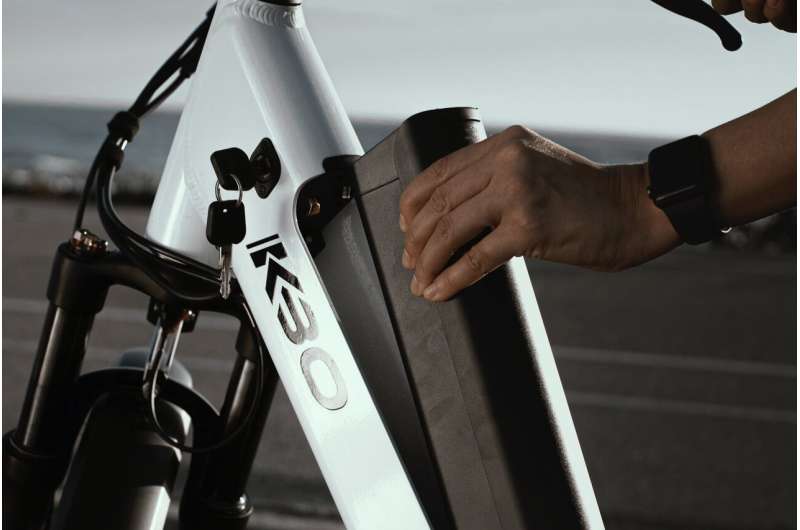Essential Fire Safety Tips to Prevent Burns During Campfires

Learn essential safety tips to prevent burns around campfires, including supervision, fire control, and first aid measures to ensure fun and safe outdoor activities.
Enjoying a campfire can be a memorable and cherished outdoor activity with family and friends. However, it's vital to stay vigilant to prevent burns and injuries, especially when children are involved. According to pediatric trauma experts, maintaining a safe environment around fires requires careful planning and oversight.
Campfires pose various risks, notably for young children who are naturally curious and still developing coordination. Most burns in children occur on the hands and can be severe, ranging from second-degree to third-degree burns. Common hazards include hot tools like roasting sticks and metal forks, which can cause burns or eye injuries if children touch or drop them. Spilled or dripping grease from food can ignite flames unexpectedly, increasing danger.
Accelerants such as lighter fluid or gasoline are particularly hazardous; they can cause explosions or worsen burns if they come into contact with skin. Additionally, propane fire pits, while convenient, carry the risk of explosions if not used properly.
To ensure safety around campfires, experts recommend several precautions:
- Maintain a "safe distance": Keep a clearly marked boundary that children must not cross.
- Supervise closely: Never leave the fire unattended, especially when children are nearby.
- Avoid the use of accelerants: Do not use gasoline or lighter fluid to start or revive a fire.
- Educate children: Teach them how to enjoy the fire safely and instruct older kids on emergency procedures. Keep water or blankets nearby to extinguish accidental fires.
- Fully extinguish fires: Make certain the fire is completely out before leaving or going to sleep.
In case of a minor burn, promptly apply a cool, wet cloth to reduce pain and prevent further tissue damage. Cover the burn loosely with a clean, dry dressing to protect it from infection and airflow. Seek medical attention for larger, deeper, or more severe burns.
Remember the "stop, drop, and roll" technique to extinguish flames if clothing or skin catches fire. Staying informed and prepared can help prevent serious injuries and ensure everyone enjoys a fun, safe outdoor experience.
Source: https://medicalxpress.com/news/2025-07-safety-campfires.html
Stay Updated with Mia's Feed
Get the latest health & wellness insights delivered straight to your inbox.
Related Articles
Outdoor Activities Help Reduce Loneliness and Empower Culturally and Linguistically Diverse Women
Research shows outdoor activities significantly reduce loneliness and foster empowerment among culturally and linguistically diverse women by enhancing community engagement, cultural exchange, and mental health.
Lifestyle Changes Influence Gene Regulation in Skeletal Muscle of Asians
A study by the National University of Singapore reveals that diet and exercise can reshape gene regulation in the skeletal muscle of East Asians, promoting metabolic health and highlighting the potential of lifestyle interventions for personalized medicine.
Essential Safety Tips for Foraging Edible Plants and Mushrooms in Your Local Environment
Discover essential safety guidelines for foraging wild edible plants and mushrooms responsibly, including plant identification, environmental considerations, and sustainable harvesting methods.
Boosting Health and Mobility with E-bike Incentives
Income-based e-bike rebates in British Columbia are promoting healthier lifestyles, reducing transportation costs, and lowering environmental impact by encouraging more residents to adopt electric bicycles for daily travel.



